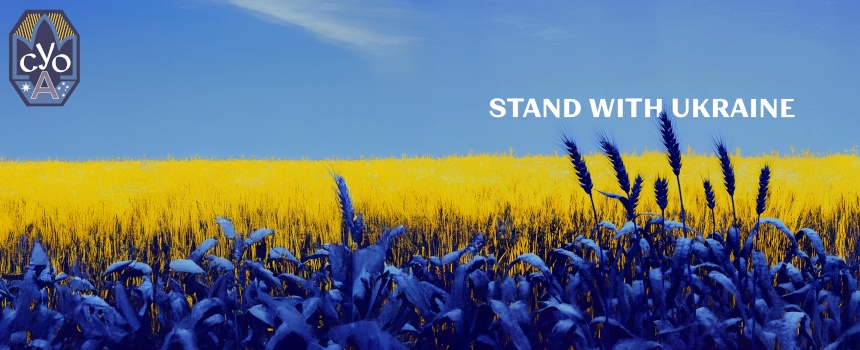The Australian Federation of Ukrainian Organisations (AFUO) warmly congratulates Serhiy Marchenko, Finance Minister of Ukraine, on his unanimous election by shareholders to chair the boards of governors of the World Bank and the IMF in 2023.
It marks the first time that Ukraine will lead the institutions since it joined in 1992, said Marchenko in a Facebook post, and reflects Ukraine’s 30 year period of building reliable and trustworthy relationships with member countries.
“This is a great sign of global solidarity for Ukraine. As noted by Marchenko, it will encourage continued cooperation amongst international financial organisations to address the biggest problem facing the world economy now – the Russian invasion of Ukraine,” said Mr Stefan Romaniw OAM, AFUO Co-chair.
Yesterday, IMF member countries issued a near-unanimous member call for Russia to end its war in Ukraine. However, as revealed by Nadia Calvino, Spain’s economy minister, Russia blocked consensus on issuing a joint communique during a meeting of the International Monetary and Financial Committee.
“It is very clear for just on a human level, practical level, objective level — Stop the war. Stop the war,” IMF Managing Director Kristalina Georgieva said. “This is the most straightforward way to get the world economy in better shape. Stop the war.”
In a statement released by the IMF on 7 October 2022, the IMF notes that more than seven months after the start of Russia’s invasion of Ukraine, the humanitarian and economic toll remains massive, resulting in large and urgent fiscal and external financing needs for Ukraine.
However, the IMF states that “Ukrainian authorities deserve considerable credit for having maintained an important degree of macro-financial stability in these extremely challenging circumstances”.
“Against this backdrop, and in light of the persistent urgent balance of payments needs, including due to a large shortfall in cereal exports, the IMF has approved new emergency financing for Ukraine totaling SDR 1,005.9 billion (about US$1.3 billion) under the new Food Shock Window,” said Ms. Georgieva.
The International Monetary Fund serves to stabilise the international monetary system, act as a monitor of the world’s currencies, offer policy making tools and advice, and provide loans to member countries; while the World Bank works with developing countries to reduce poverty and increase shared prosperity.

